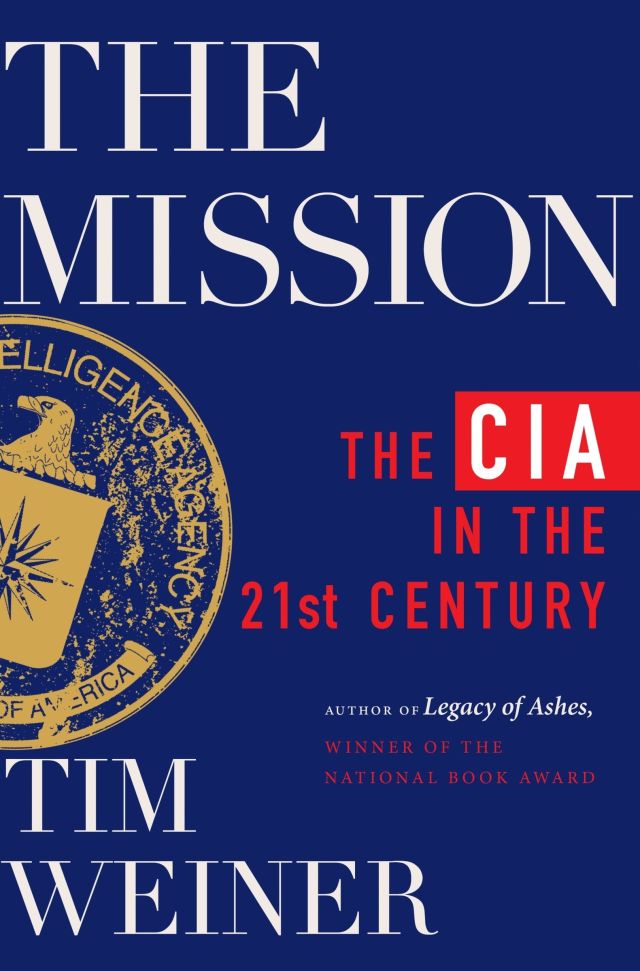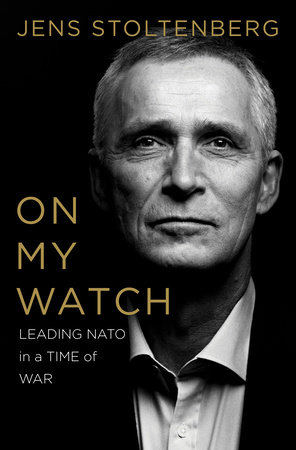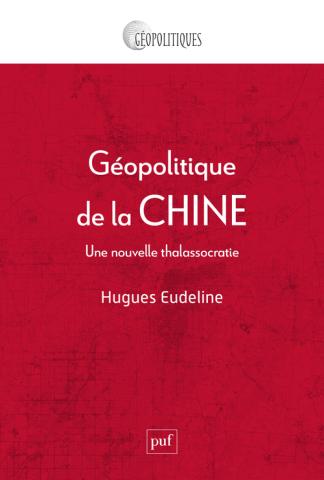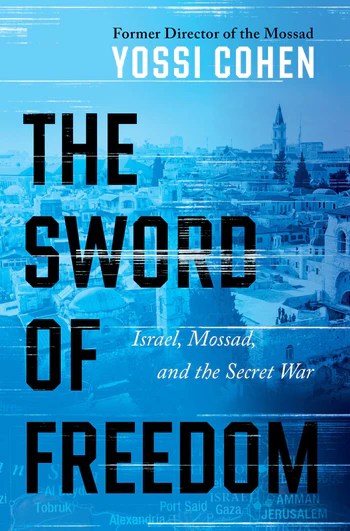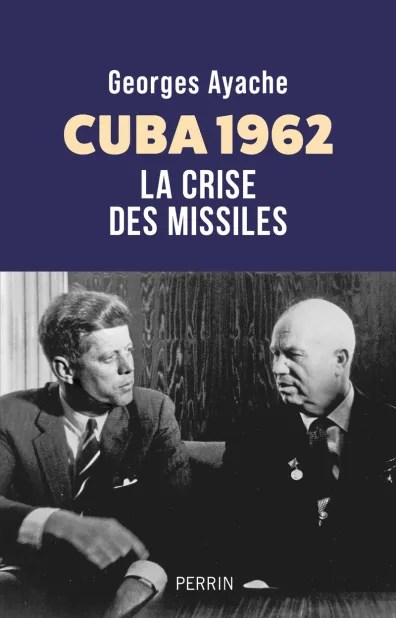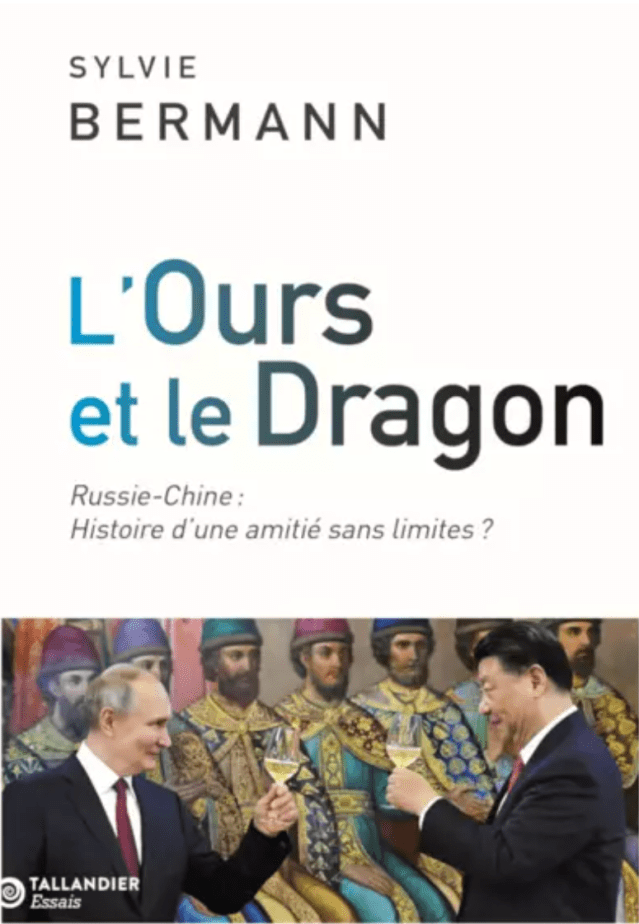On January 3, the United States conducted an operation in Venezuela that resulted in the capture of its dictator. On the same day, The New York Times detailed that the CIA had been directly involved in—and contributed to—the operation to remove Nicolás Maduro from power. In momentous times, when American foreign policy needs boots on the ground to implement decisions, the men and women who report to Langley are on the front line of action.
The Mission: The CIA in the 21st Century (Mariner Books) by Tim Weiner offers the riveting story of the Company’s actions from the shock of 9/11 to the doorstep of the second Trump administration. Intelligence insights do not guarantee success, but the author makes it clear that moving forward without them comes at a steep price, as when the entourage of George W. Bush pushed for the war in Iraq on flawed information. “He [Director George Tenet] never admitted to Bush, or to himself, how little the CIA really knew.” The rest, as they say, is history. Intelligence misfortunes would go on to cloud the legacy of the 43rd President.
Much the same happened a few years later during the Obama administration, on the occasion of the Arab Spring, for which CIA Director Leon Panetta would later admit that they “missed the boat”, owing to a context in which POTUS “overruled his elders and took heed of his younger aides, who had warned against his being on the side of history.” By heeding the street, Obama played a part as Washington contributed to breaking the back of Hosni Mubarak’s rule. A “sigh of relief” was felt at Langley when General Sisi – an ally – took control of the country two years later.
Continue reading ““The infantry of our ideology””
